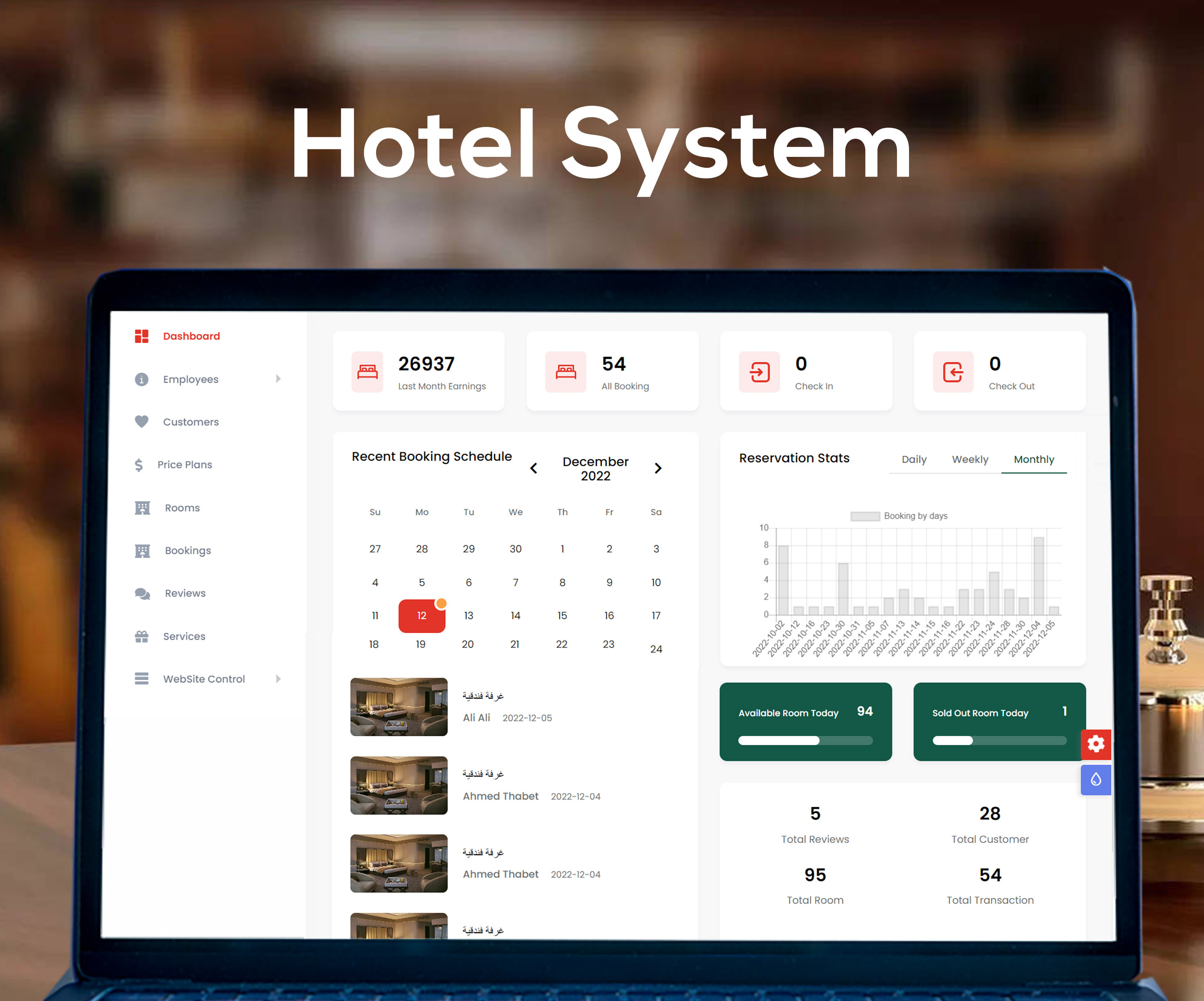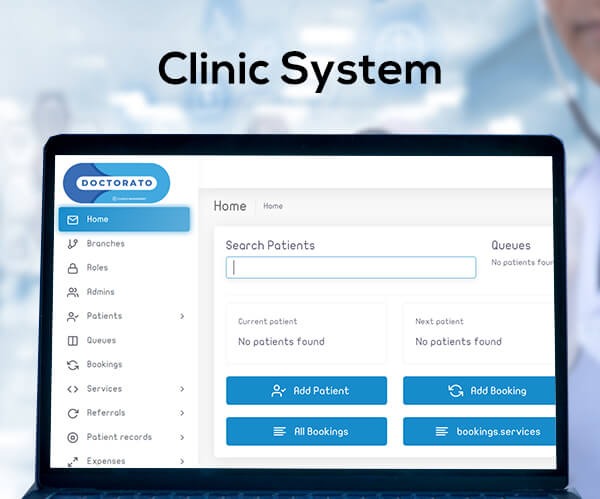To remain competitive in today’s job market and realize your career goals, it’s important to continue your pursuit to grow professionally. When you apply what you learn from professional development courses or training, you grow toward your career goals. Understanding professional growth and how to achieve it can help lead to advancement opportunities, higher salaries or increased overall career satisfaction.
In this article, we define professional growth and how it differs from professional development, provide strategies for growth and answer frequently asked questions about what professional growth can do for you and your career.
What is professional growth?
Professional growth is the application of new experiences and skills to positively impact your current position and career pursuits. By expanding your skills and thinking ahead, you are preparing yourself to handle more responsibilities. Investing in your professional growth shows ambition, self-awareness, humility and tenacity.
Here are some examples of professional growth:
- Taking the lead on a sales presentation
- Pursuing a role to gain skills, knowledge or experience
- Volunteering time or resources to help a charity through your organization
- Gaining new skill sets and qualifications by attending professional training courses
- Managing a large project, more people or a bigger budget
“Professional growth” and “personal development” are often used interchangeably, but they aren’t the same. Development refers to training, seminars, certifications and other opportunities. Growth, however, is how you turn what you learned into results, such as more responsibilities, promotions and job changes. In other words, development refers to the actions that create growth.
Here are 10 strategies to help you pursue professional growth:
1. Set clear goals
By setting detailed, you can create actionable steps to help you achieve those goals. Measuring your accomplishments may also help motivate you in the long term. Creating a PGP can help you outline how you want to advance your career. Examples of professional growth goals include:
- Obtaining an academic degree
- Earning industry certification
- Joining a professional organization
- Learning new technology
- Increasing duties and responsibilities
2. Search for new opportunities
While training is important to professional development, experience and opportunities can be just as transformative for professional growth. Look for opportunities to take on projects that challenge you and help grow your skill set. By taking on new responsibilities, you will learn more about your potential.
3. Seek out a mentor
A mentor can help guide you by offering professional or personal advice, developing trust and listening, responding to your questions and concerns and exposing you to a new perspective. A good mentor will be someone who has succeeded in the role you hope to achieve and has used that success to advance in their career. If you’re looking for a mentorship, ask your supervisor if they know a good candidate or ask a coworker for advice privately.
4. Discuss your goals with a manager or colleague
It’s important to let your manager know about your career aspirations. After all, part of their job is to foster your development and become a valuable asset for the company. If they know you’re eager to take on new challenges, they will likely start to trust you with more responsibilities.
Your manager can also be a great resource regarding available training courses. If you’re self-employed or work independently, ask a colleague in your industry if they know of opportunities to expand your skills or experience.
5. Grow your professional network
A great way to get accurate feedback is to have multiple people analyze your efforts and results. Professional networks offer an environment to grow professionally. Think of your network connections as your key professional support.
Networking also involves staying connected with people you already know, such as former coworkers and managers who might alert you to potential opportunities within their companies or fields. Depending on your relationship, they may also put in a good word on your behalf.
7. Master your craft
Certain careers may require that you have specialized knowledge and skills. By mastering your craft’s processes, regulations and advancements, you’ll be able to demonstrate your expertise and capabilities. Take steps for professional development by researching your industry, staying current on publications, joining professional groups and attending seminars to learn even more about your field.
8. Pursue leadership development
Developing your leadership skills is an excellent way to advance your professional growth. A leadership development program can help you learn how to be an effective leader. Use this experience as a time to absorb as much information as possible. Adding this experience to your resume shows employers you’re serious about becoming an effective leader.
9. Improve communication skills
Professional success may be influenced by how successfully you communicate with clients, coworkers and leaders. Look for development opportunities, such as training or courses, to strengthen your communication skills as part of your professional growth. You may learn more about how to modify your discussion based on someone’s attitude and communicate in other ways, such as in person, by email or over the phone. Communication skills also entail understanding body language, how to read it, and being aware of your own.
10. Further your education
Whether your goal is to advance in your career or work in a different field, advancing your education can help take you there. Continuing your education can boost professional development leading to professional growth and showing that you value self-improvement.
Earning a degree that aligns with your career goals may result in more job opportunities and higher pay throughout your career. According to the United States Bureau of Labor Statistics (BLS), individuals with a bachelor’s degree earn an average of $1,334 a week compared to $809 for those with only a high school diploma. The salary difference increases with each level of education.
As you pursue professional growth, ensuring your actions align with your career goals is important. Developing a professional growth can help you outline your goals and the steps you may take to achieve them. For example, if you set a goal to learn software programming, your first step may be to take a programming class.












